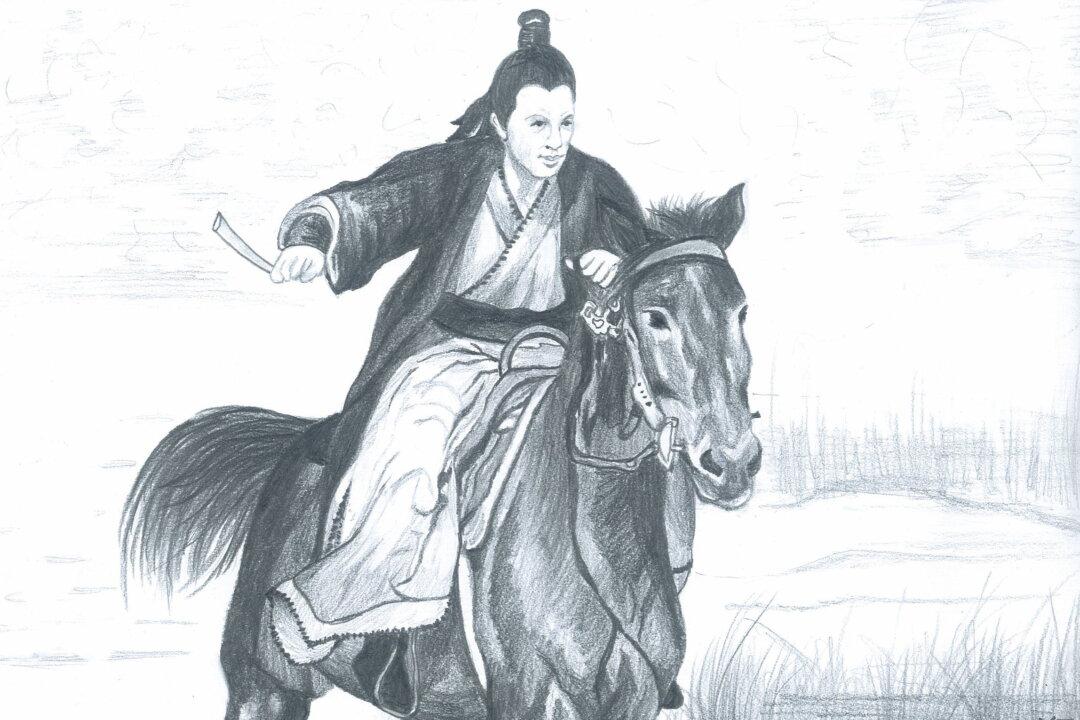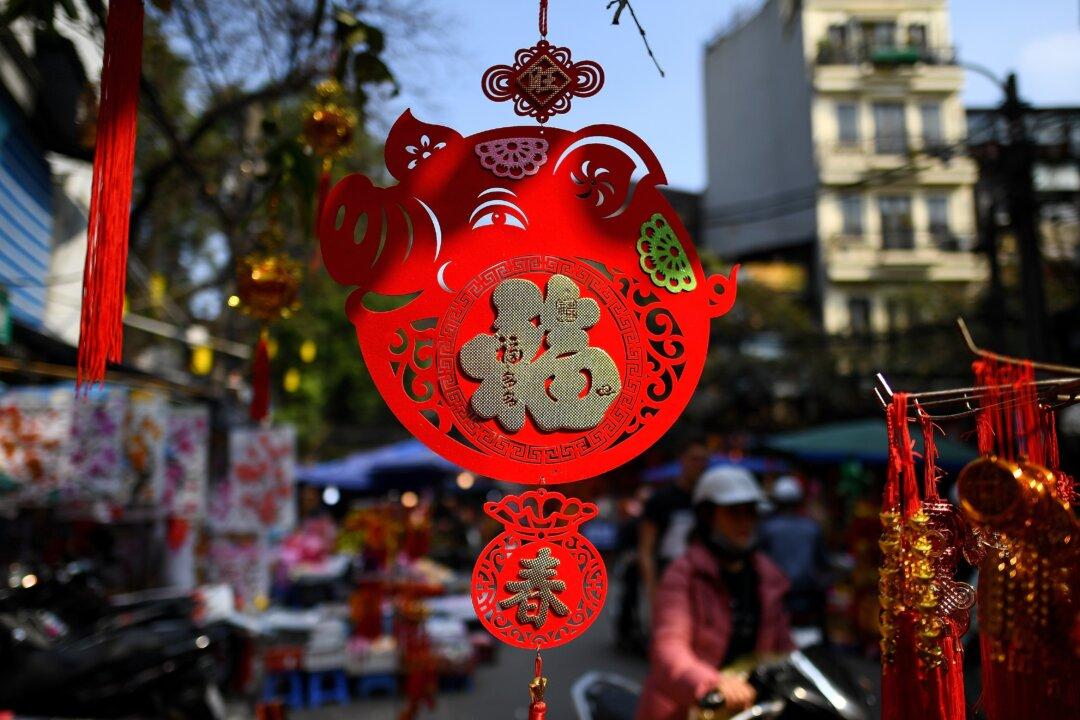The Chinese idiom 快馬加鞭 (kuài mǎ jiā biān), which means to spur on a swift horse, originates from a story about Geng Zhu, a favorite disciple of the great Chinese thinker on peace and love, Mo Zi (墨子) (470–391 B.C.).
Geng Zhu was a very clever young man and stood out among Mo Zi’s students. However, he did not work hard in his studies and Mo Zi often scolded him.
Geng Zhu could not understand why his teacher was so hard on him. Once, after he was scolded, he asked: “Teacher, is there really nothing I do better than others?”
Mo Zi replied with a question: “Suppose I am setting out on a visit to Taihang Mountain and I need a fast horse and an ox to take me on my journey. Which of them would you choose to spur with a whip?
“The horse, of course!” Geng Zhu confidently answered.
“Why the horse?” Mo Zi asked.
“The horse deserves encouragement because it is capable of great speed,” Geng Zhu said.
“That is absolutely correct!” Mo Zi replied.
“I also think that you are capable of great things. I scold you because you have the ability to make faster progress and to strive to reach higher.
“You are worthy of encouragement and of being taught and corrected,” Mo Zi explained.
Geng Zhu then understood that his teacher cherished him and had great expectations for him. He finally realized that Mo Zi had confidence that he could do better.
From then on, Geng Zhu began to make a hardworking and conscientious effort to study and strive for excellence, and Mo Zi no longer had to urge Geng Zhu to do better.
The idiom is used today to describe making an effort to accelerate the speed of progress in order to develop rapidly and advance as quickly as possible.
It is also used as a metaphor for making continuous efforts to move forward.
The arrival of the Year of the Horse provides an incentive to spur ourselves on in order to make diligent progress in all our worthwhile endeavors in the New Year.
Note: Mo Zi (470–391 B.C.) lived during approximately the same period as Lao Zi (老子) and Confucius (孔子). He was one of the four main thinkers of the Spring and Autumn Period (770–476 BC) and Warring States Period (475–221 B.C.) in ancient China.




